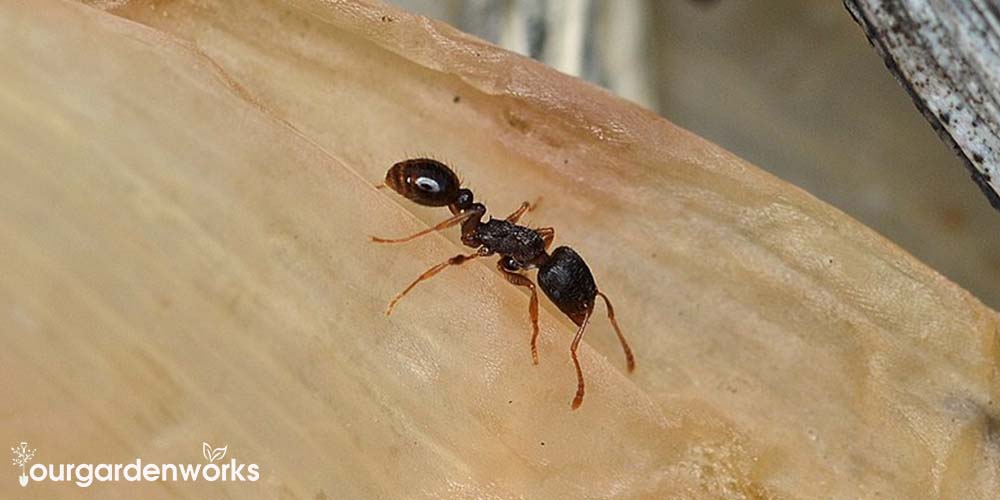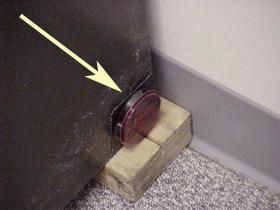Have you noticed small mounds of soil on your pavement, the edge of a building, or on sidewalks? If you have, then they are most likely because of pavement ants. These ants are some of the most common ant species and indoor pests found in the US.
Pavement ants (Tetramorium Caespitum L.) might not cause a lot of destruction to the structure itself but they can be a nuisance to both you, your family, and other homeowners, especially when they invade your house in swarms.
So, how can you get rid of pavement ants quickly and effectively? Read on and let us find out how.
What Are Pavement Ants?
Before you find out why you need to get rid of pavement ants, let us first learn how to identify them and how they behave.
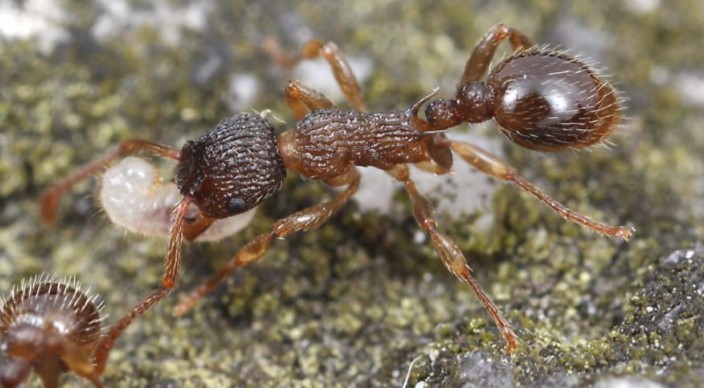
Where Did They Come From?
These ants were originally from Europe but are believed to have found their way to the US back in the 1700s to 1800s through merchant vessels filled with soil. Now, they can be seen throughout the Northeastern part, the Midwest, and Pacific Northwest of the US and parts of Canada.
Where Do They Live?
Pavement ants are a type of ant species that usually reside near or in buildings and other concrete structures such as your house and the road, to name a few.
They do this to keep themselves warm during colder seasons, therefore, the name pavement ants. These ants tend to prefer building their nests underground. There may even be 10,000 or more worker-ants in their nest.
Here are the likely places that you can check where the pavements ants are likely to build their ant colony.
- Indoors
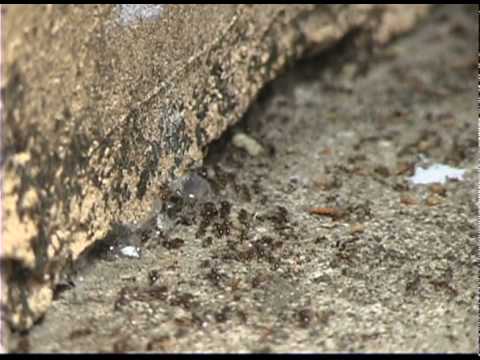
When the temperature gets lower, pavement ants build their nests in buildings. These include foundations, small cracks on the walls, and even under the floors. So, be sure to check these places if you are trying to repel them during colder months.
- Outdoors
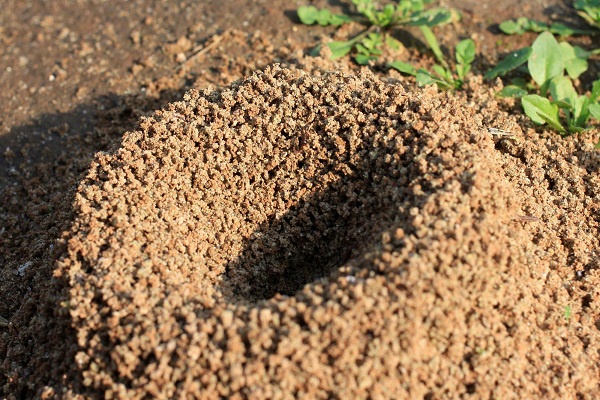
A very familiar scene during summer months, these ants make their homes in cracks of boulders, along the road or sidewalk, your driveway, and even the patio. You can usually find them bringing soil to build their colony or food.
What Do They Look Like?
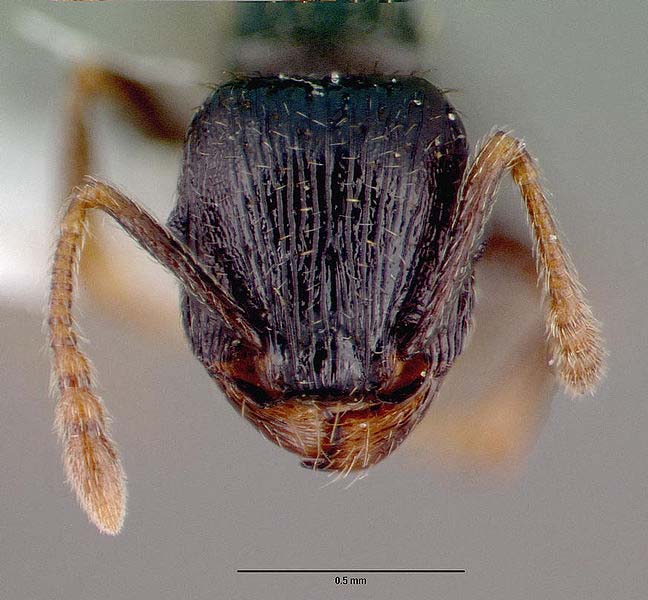
Physically, they are reddish or pale brown to black in color with light brown legs. The picture above is an example of a worker pavement ant’s head. They can be identified through visible ridges on the head.
The worker ants or unfertilized sterile female ants are 2.5 to 4 mm in size or about the length of a small bead. Meanwhile, the queen is about 8 mm in length or about as big as the nail on your pinky. Additionally, the queen candidates and male ants shed off their wings shortly after mating.
Why You Should Get Rid of Pavement Ants?
Pavement ants are not that destructive and are surprisingly quite docile. They would much rather look for food. However, they might sting you when they feel threatened.
The stinger of these ants is not strong enough to pierce your skin that much. However, if you have sensitive skin, it might cause rashes or irritation.
They are considered nuisance pests. Although they are not harmful themselves, they can be the cause of the spread of sickness. Their wings may harbor dirt, germs, and other pathogens. The ants might contaminate both your food and your pet’s food.
This is because pavement ants generally feed on the same things as humans. They are basically attracted to anything, whether it may be meat, cheese, and other insects. They can also be considered scavengers. Aside from that, they also go to surfaces that are considered dirty.
Additionally, they feed on organic substances that are also present in places that can be considered filthy. This includes drainage pipes and trash bins.
How To Get Rid of Pavement Ants Naturally And Through Insecticide
There are generally two methods you can choose to get rid of pavement ants. You can choose to use synthetics and other chemicals or go about it using natural ingredients. Either way can effectively control the infestation.
Here are ways that you can use to get rid of pavement ants in your home
1. Insecticide
The first method you can do is by using insecticide. There are many different types of insecticides available in the market. In fact, there are even natural options.
1.1 Synthetic
Remember that using synthetically made insecticides can be dangerous to you and your family’s health. So be sure to strictly follow the instructions and do your research beforehand.
- Spray
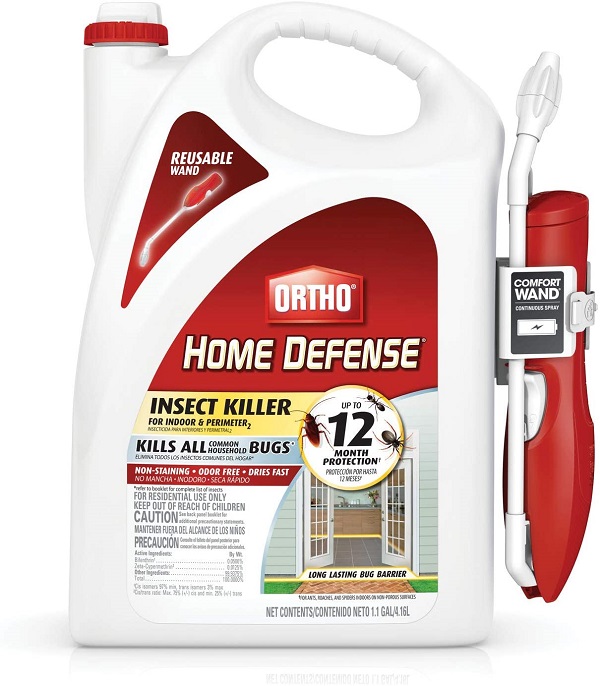
There are typically two types of insecticide sprays that you can use depending on the location of the pavement ant infestation. The first type is for indoor use and the second is for outdoor use like pesticide concentrates or liquids.
However, please avoid using this unless you have an expert with you. If you are concerned about its toxicity, you can choose to purchase household insecticides without the following ingredients:
- Diazinon
- Malathion
- Naled
- Dichlorvos
- Phosmet
- Chlorpyrifos
- Tetrachlorvinphos
You should also remember that there are no safe synthetically – made insecticides. There are only safer ones than others. An example of this is boric acid or borax.
The key to successfully control the pavement ant infestation is knowing when and where to spray. Always remember to spray on locations near their nests. If you want to spray outdoors, take note of the wind and the volume of rain that is forecasted.
If the wind is too strong, your insecticide will be blown away by the wind when spraying. Furthermore, during a heavy downpour, the sprayed insecticide might be diluted and will be rendered useless.
- Insecticide Dust
The second method you can use to get rid of pavement ants is to use insecticide dust treatment. Sprinkle the dust onto crevices, cracks on the walls, spaces in between your cabinets, maintenance areas, and other places in your houses where ants will most likely pass through.

However, avoid sprinkling it onto open areas and surfaces where it can easily be blown away by the wind. This can lead to the poisoning of other animals, your plants, and even other people.
1.2 Natural
Using natural methods to control pavement ant infestation is a safer and much earth-friendly way. Furthermore, you can easily find the ingredients in your kitchen without having to spend anything more.
- Spray
Like synthetic insecticides, you can also make use of natural ingredients as a spray to kill off the pavement ants that are infesting your home. You can mix equal parts of water and vinegar and spray in locations where the ants will most likely hide or pass through.
Ants find the smell of vinegar too strong. It can also interfere with the pheromones in their body that are responsible for communication. When vinegar is sprayed, it overpowers the pheromones left by those before them in the trail.
Diluted dishwashing soap is also a great alternative to harmful bug sprays in the market. Just add equal parts of water and dishwashing soap and spray. Dish soap can almost always instantly kill ants because it breaks down their natural resistance to water causing them to drown.
Furthermore, it leaves behind a residue that ants refuse to go near for the same reason as vinegar. What’s more, these are not toxic for you and your pets.
- Dust
Like ant sprays, dust treatment for ants also has natural alternatives. Do you love coffee? If you do, then you probably have used coffee grounds. You can sprinkle coffee grounds onto cracks or places where they will likely pass to repel them.
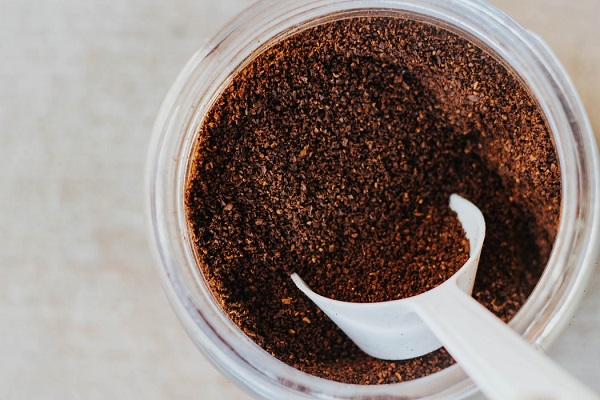
Did you know that coffee grounds contain about 2% nitrogen which will burn the ants’ legs when then they cross it? What’s more, pavement ants are extremely sensitive to caffeine because it interferes with the scent of the trail they are following.
Herbs and spices also have the same effect. Food grade diatomaceous earth is also a great option for dust treatment. It can easily pierce the insect’s exoskeleton, including ants, which will instantly kill them.

Just sprinkle it around places where these ants like to stay.
2. Ant Bait
Ant bait is a mixture of chemicals that act as a slow-acting poison to worker ants. It doesn’t kill them directly. But when these ants bring the ant bait back to their colony for them to consume, it will poison everyone.
- Synthetic
The first option you can do is to make use of synthetic ant baits. The toxic chemical or active ingredient that poisons them includes boric acid, fipronil, and the like. Meanwhile, what attracts them is usually sugar that is mixed into the bait.
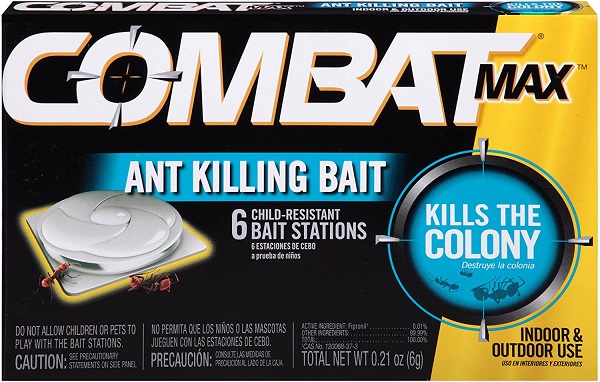
You should place the ant baits near places where pavement ants are most likely active. This includes spaces in between your cabinets, electronics or equipment, and maintenance areas.
However, if you have children or pets, be sure that they are not able to reach the areas where you placed the baits or they might get accidentally poisoned.
- Natural
Using natural ant baits will always be a better option. Furthermore, it is quite easy to make and the ingredients are already available in your house. You can make use of baking soda ant bait to stop ants from infesting your home.
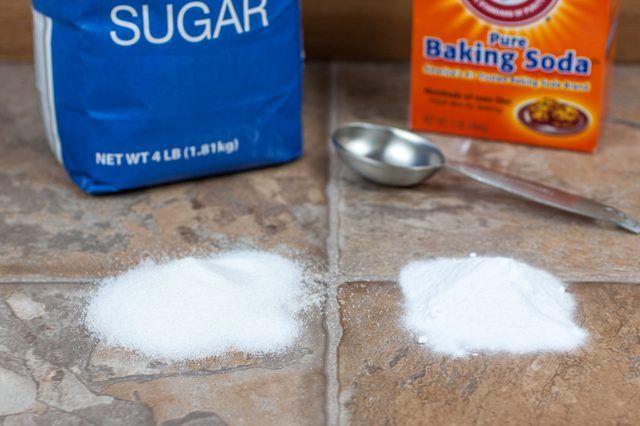
Just mix equal parts baking soda and sugar with water. Make sure that both sugar and baking soda is dissolved. Grab a cotton ball and let it soak up the solution. Place the bait where there is most likely pavement ant activity.
If you have borax available, you can also make this into an ant bait. Mix a tablespoon each of borax and powdered sugar. After that, mix it with the shortening of your choice, this can either be lard, butter, or margarine. Make sure that the mixture isn’t too crumbly.
Place the dough-like pavement ant bait onto a shallow container and put it in places where ants will likely stay.
How To Prevent Pavement Ants From Invading Your Home
Prevention is always better than cure. The good news is that you can always prevent pavement ant infestation in your home. Let us avoid experiencing that. Just take these simple measures to prevent pavement ants from invading your home.
The Wonders of Boiling Water and Dish Soap
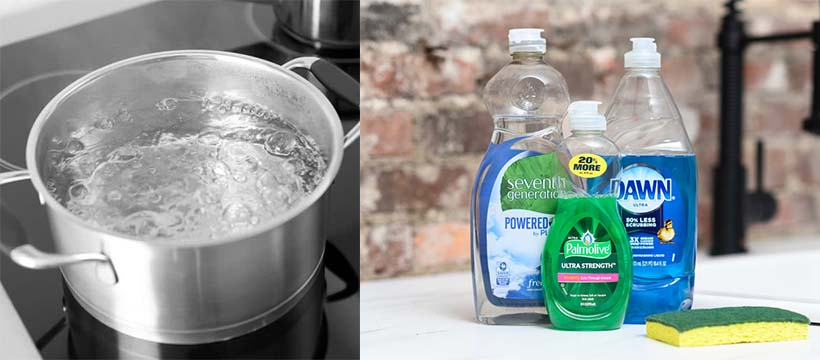
Take note, this is only effective on open surfaces and might cause damage to the structure if sprayed onto cracks. Mix equal parts of hot water and dish soap.
While the solution is still hot, pour onto the pavement ant mound found near your patio, driveway, and other places where they will most likely nest. The dish soap will prevent them from running away while the hot water will instantly kill them.
Plant Peppermint

Peppermints have always been natural insect repellants. Pavement ants hate it because it disturbs and disrupts the ant trail much like vinegar and the coffee grounds that were mentioned above.
Having these plants around the perimeter of your home will deter them from nesting in your yard.
Draw Lines With Chalk

Did you know chalk can easily deter ants from invading your house? Chalk contains calcium carbonate that masks or removes the scent trail for the pavement ants leaving them confused. Draw lines on your windowsill, cracks, doorframe, and other places they might use to get into your home.
Sprinkle Cornmeal
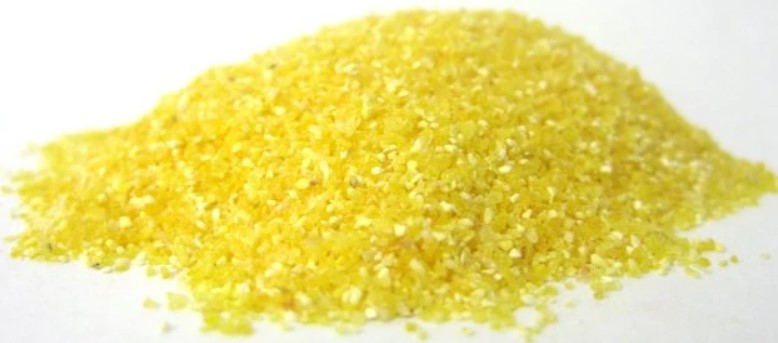
Did you know that cornmeal will work just as well as pavement ant repellant? Just like other ant species, pavement ants have either poor eyesight or are completely blind. They can communicate through their antennae and scent trails.
Cornmeal may not kill the ants off but can effectively disrupt the scent trail they are following. However, please remember that it does not happen immediately. Give it a few days and it will stop the pavement ants from going anywhere near your home.
However, unlike popular belief, ants do not explode when they consume it.
Final Thoughts
Although pavement ants do not directly cause harm, they can really be a source of a headache if there are no measures in place to control and deter them. You have the option to use both natural and chemical solutions to stop this from happening. Just make sure to carefully follow the instructions.
Just follow the simple hacks above and you can definitely easily avoid having to deal with a pavement ant infestation in your home.
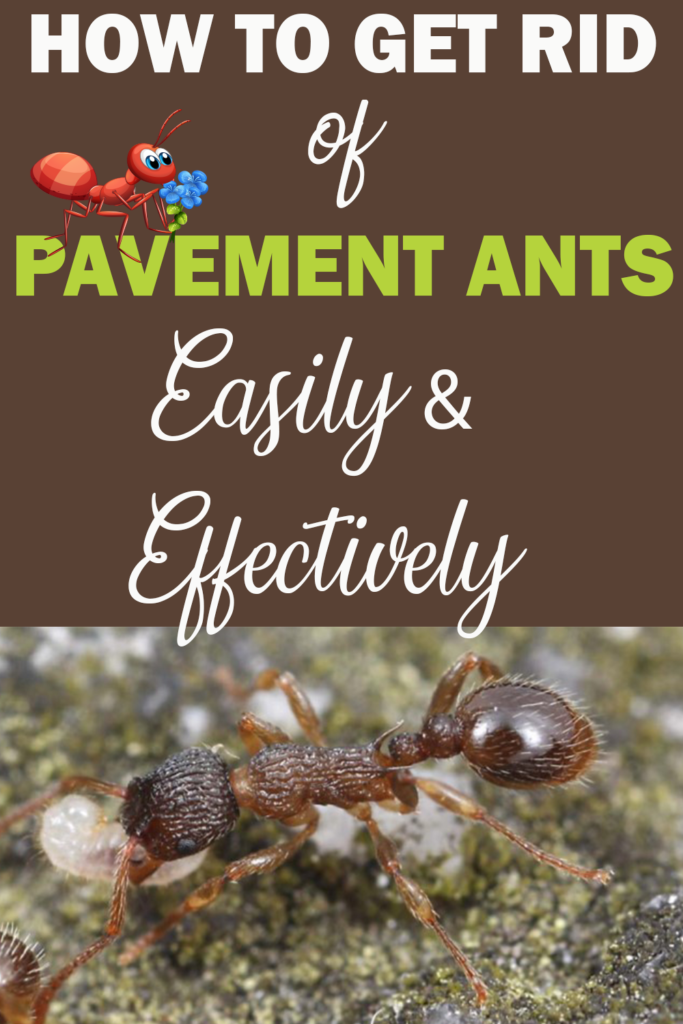
Share this post to Pinterest!
